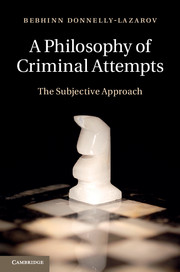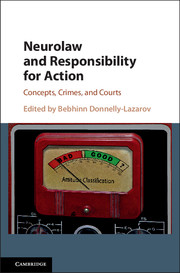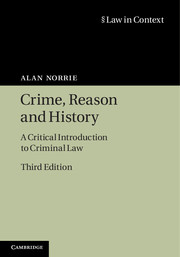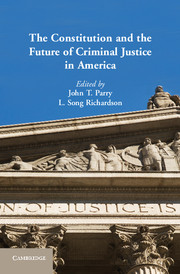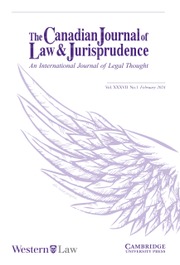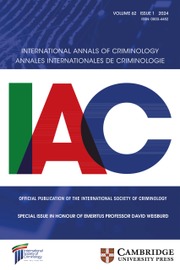A Philosophy of Criminal Attempts
An investigation of criminal attempts unearths some of the most fundamental, intriguing and perplexing questions about criminal law and its place in human action. When does attempting begin? What is the relationship between attempting and intending? Do we always attempt the possible and, if so, possible to whom? Does attempting involve action and does action involve attempting? Is my attempt fixed by me or can another perspective reveal what it is? How 'much' action is needed for an attempt, how 'much' intention is needed and can these matters be decided categorically? Bebhinn Donnelly-Lazarov's answers to these questions will interest criminal law theorists, philosophers and lawyers or law reformers, who encounter the mixed practical and philosophical phenomenon of attempting. Inspired by G. E. M. Anscombe's philosophy, Part I examines attempting generally and its relationship with intention, action subjectivity, and possibility. From the conclusions reached, Part II proposes a specific theory of criminal attempts.
- Analyses criminal attempts using concepts and themes from the philosophy of G. E. M. Anscombe that have implications throughout criminal law, including for traditional categorisations of the subject
- Explores first attempting generally and then criminal attempting specifically, allowing criminal attempts to be examined at their conceptual foundations
- Proposes a theory of criminal attempts that is subjective through and through
Product details
April 2015Hardback
9781107029835
254 pages
237 × 160 × 20 mm
0.53kg
1 b/w illus.
Available
Table of Contents
- Part I. The Anatomy of Attempts:
- 1. Attempts and intention
- 2. Attempts and action
- 3. Attempts and subjectivity
- 4. Attempts and possibility
- Part II. Application to Criminal Attempts:
- 5. Actus reus and mens rea
- 6. Impossibility and extraordinariness in criminal attempts
- 7. Criminal attempts and moral luck
- 8. Reckless attempts?
- 9. Inchoate theft and inchoate rape.

